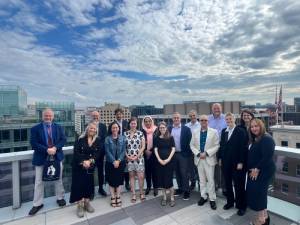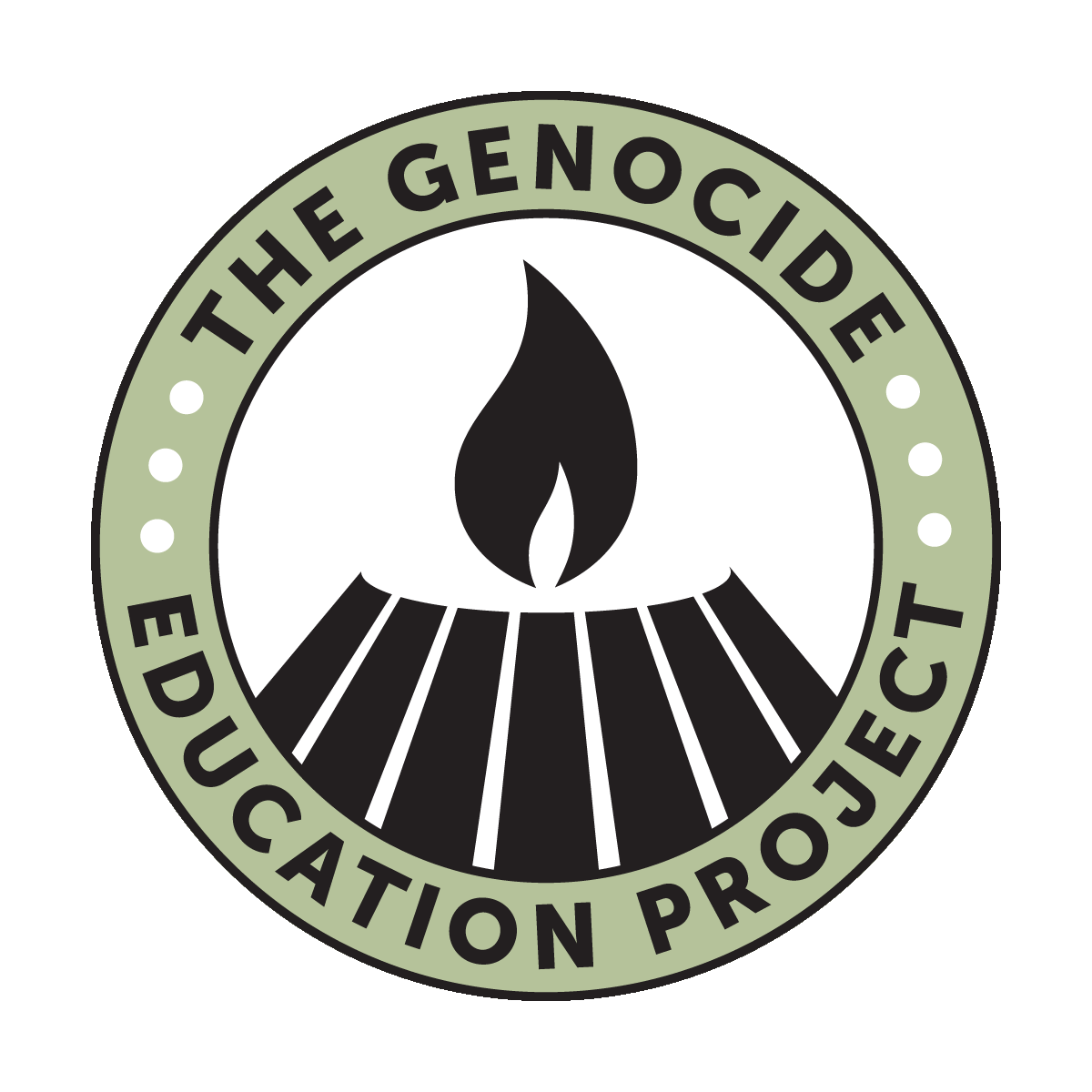19.06.2024

A conference titled “Perspectives on the Genocide Convention - 75 Years Later” was held at the Washington branch of the University of Southern California on June 3 and 4.
Suren Manukyan, head of the Armenian Genocide Museum-Institute (AGMI) V. Dadrian Comparative Genocide Studies Department also attended.
The world is still witnessing many genocidal crimes 75 years after the United Nations General Assembly adopted the 1948 Convention on the Prevention and Punishment of the Crime of Genocide. Although genocide prevention measures have been developed, the threat of genocide persists in many countries and regions of the world.
This important anniversary provides an opportunity to assess the progress made in preventing and punishing acts of genocide, while also understanding the complexity of the crimes and their continuation despite existing international laws.
The following issues were discussed during the two-day conference, in particular:
Is the term genocide being misused and devalued?
In what context is the term justified and why?
How has the description of the crime assisted in the prosecution of genocidal episodes by international justice?
How do the flaws in the definition affect global efforts at preventing this crime?
What other challenges affect the timely prevention of atrocity crimes?
How can the academic, diplomatic and public sector communities work together to continue to pursue peace in the coming decades?
How do research and education contribute to genocide prevention and peaceful coexistence?
Suren Manukyan presented a report titled “Academic research: what are the priorities of genocide studies today?”, in which he presented global trends and the remaining gaps in the field of genocide studies.
Conference participants had the opportunity to meet the staff of the US Holocaust Memorial Museum who are specialists in the field of international awareness and genocide prevention, after which they became acquainted with the museum’s exhibition.





